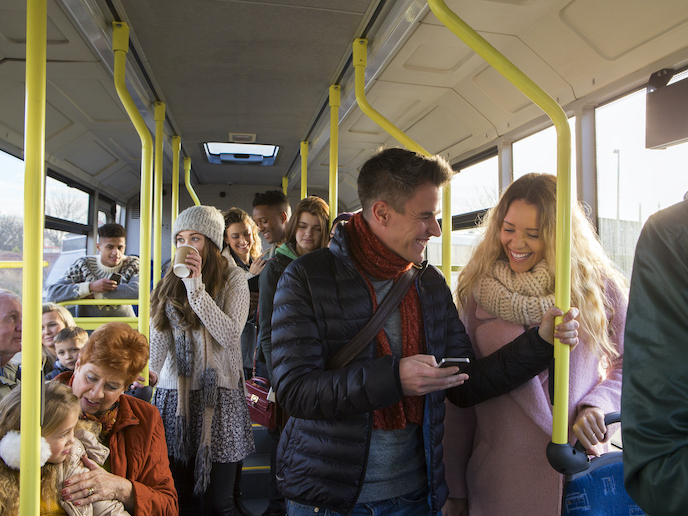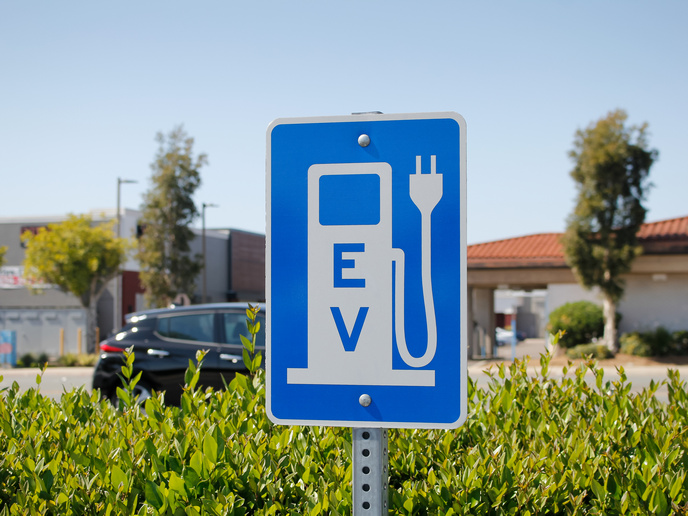Helping business set up alternative transport systems
The unemployed and the low paid can struggle to pay for bus fares or buy and maintain a car to travel to daily activities. These are just two examples of European citizens at risk of ‘transport poverty’, as identified by the EU’s HiReach research project. Others include people living in villages where few buses run, elderly residents who can’t negotiate cheaper, online ticketing services or women who feel unsafe on public transport. Some 25 start-ups tested flexible transport solutions for different social groups poorly served by traditional transport options like scheduled buses and trains and taxi services. Nine of them said that, by the end of the EUR 2 million programme, they had moved to the stage where they were ready to launch on the market. “HiReach demonstrated that the role of informal groups and local associations is often crucial in order to solve transport poverty issues,” says Simone Bosetti, transport engineer at Italian transport consultancy TRT Trasporti e Territorio. “In deprived territories, public transport operations are financially risky and often not profitable or cost-covering.” TRT coordinated the eight-partner consortium, including a partnership with Impact Hub Vienna, which helps grow start-ups designed to benefit society. The researchers first analysed the mobility needs of different social groups in six regions in Germany, Greece, Italy, Luxembourg, Portugal and Romania. They interviewed ethnic minorities, migrants, disabled and elderly citizens, young people, women and low earners about their daily routines and travel choices and wishes. The team identified the limitations in current transportation services and wrote the open-access book 'Re-thinking Mobility Poverty: Understanding Users’ Geographies, Backgrounds and Aptitudes'. This explores mobility inequalities and redefines the concept of ‘transport poverty’.
Social vision
The project partners came up with a series of recommendations to develop inclusive, affordable and reliable mobility solutions. Groups from across Europe brainstormed ideas with start-up specialists at a week-long bootcamp in Vienna and went on to develop business plans and to test them in real-life conditions. The businesses developed are social enterprises such as Spanish start-up Hoopcarpool (website in Spanish), which connects drivers and passengers through carpooling, so people can share rides. It includes features such as a wheelchair space and an ‘only women’ option. “We wanted to have a social impact”, explains entrepreneur Andrea García speaking on the project’s video. Also based in Spain, Nemi enables the flexible provision of buses in low-population areas while Childfy (website in Spanish) connects families with children for carpooling, with the aim of creating a better work-life balance. Many of the start-ups use new technologies to offer customers more flexible on-demand journeys. With the slogan ‘See the world through your ears’, Austrian start-up Dreamwaves uses augmented reality for its routing app to help visually impaired and blind people to travel more independently. British start-up CityMaaS is a journey planner for reduced mobility people that makes use of artificial intelligence technology. The innovators developed their technologies faster thanks to the market research and the intensive feedback received from start-up experts during HiReach. “The HiReach Startup Lab has had direct impacts on local communities and the vulnerable groups involved,” adds Bosetti.
Keywords
HiReach, transport poverty, mobility, start-up







